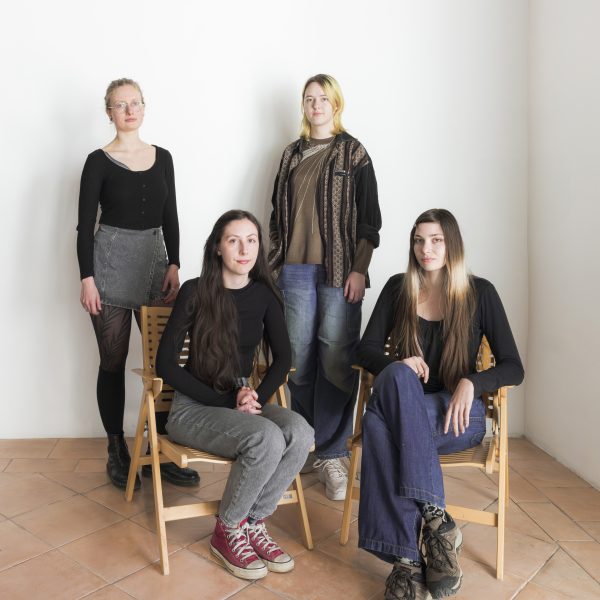
To review the ideation phase, the BIO28 team, curator Alexandra Midal with assistant curator Emma Pflieger, mentors of the production platform, and team members met via video call last week. The BIO28 Double Agent – Do You Speak Flower? The Production Platform schedule was briefly reviewed before the meeting officially started. Following that, other project presentations were made, presenting inventive ideas and creative workflows from involved groups. The talks explored issues such as natural materials, cultural preservation, public involvement, and sustainable urban areas, showcasing a variety of design techniques and approaches. Every team contributed a distinct viewpoint that will give the BIO28 Production Platform’s exhibition an important and original component.
The ideation phase is coming to an end with the final reports being submitted. We look forward to the following phases, which include the November exhibit setup and the production phase beforehand. The opening event at the Museum of Architecture and Design in Ljubljana on November 21, 2024, will surely be the high point of BIO28 since it will allow all attendees to see the result of months of research and hard work.
This year celebrates the 60th anniversary of BIO and the 10th year of the Production Platform’s research. As we near the start of the 28th Design Biennale in Ljubljana, you can follow regular news on our existing communication channels. We are happy that this week we added the new website 28.bio.si to them. We kindly invite you to visit it!
Author of BIO28’s graphic identity: Rafaela Dražić
Beeswax Studio and Grotto (Beti Frim, Ines Sekač, Katarina Babič Derenda and Mori Sikora)
This production platform returns to an ancient custom in a different way. It encourages us to be sensitive and self-questioning. Beekeeping is a way of life and one of the main industries in Slovenia, which can help establish a respectful and less destructive approach to our ecosystem. Based on this and with the starting point of using flowers for honey production, the wax studio suggests that we focus not on honey, but on beeswax. This natural substance says a lot about our modern world: it has to withstand fierce competition from industrial waxes produced from soybeans, palm oil and paraffin (derived from petroleum). Beeswax is undoubtedly the most natural. It crosses the divide between the plant and animal worlds and raises questions about our coexistence.
Not Erased (Nika van Berkel and Anna Odulinska)
The production platform Neisbrisani is a reflection on marginalized, minority or erased histories in national stories and on the ways in which they can be re-emphasized with modern design dynamics. It is designed as a research and creative unit on the topic of the Slovenian erased - individuals from the former Yugoslavia who live in a country without civil rights, as the latter were removed from the Slovenian administrative files. Participants will be invited to think about the possibilities of re-integrating these experiences into contemporary social and design discourse.
“And then there was Poppy” (OSM films)
The purpose of this production platform is to create a short film about floriography and the themes of the Biennale Double Agent, which will simultaneously replace the catalog of the exhibition. The film will act as a trace of the event, a collection of intertwined actions, moments, views, triggers and memories, inspired by elements from the curatorial texts and selected works and the venue of the biennale itself. The film will premiere in Ljubljana, London, Geneva and Paris. Later, the film will also be broadcast online.
Movement for Public Speech (Prostorož collective)
Today, in times of crises (economic, political, social and environmental), it is essential that we speak in public about issues of human society that are often overlooked, forgotten or not sufficiently present in public discourse. It is equally important that we listen to them and hear them. The project, which is both playful and serious, represents the importance of cooperation and interdependence in achieving a common goal and creating a vision of a different society.
Cattleya (Sara Bezovšek, Asiana Jurca Avci, Dora Trček, Gaja Vičič)
The Katleja production platform invites participants to deconstruct the androcentric interdependence of woman as flower. The name of the project is a glimpse into Marcel Proust's famous cattleya concept from his opera In the Shadow of Flowering Girls. Participants will reinterpret everyday patriarchal idioms that associate women with flowers and examine the connections between language and image that are present in Slovenian poetry, literature, art, advertising and elsewhere.









